Correctional Services bans David Nolte from visiting ‘bodies in the barrels’ murderers
An SA man who writes to prisoners is waging a fight to visit Australia’s two worst serial killers, the bodies in the barrels murderers. He’s not alone in his dark interest.
Crime in Focus
Don't miss out on the headlines from Crime in Focus. Followed categories will be added to My News.
- How killers’ twisted friendship spiralled into murderous horror story
- Robert Wagner’s bid for non-parole period refused
Inside Yatala Labour Prison, two of Australia’s worst serial killers are serving out the rest of their lives.
The fate of the reviled “bodies in the barrels” murderers, John Bunting and Robert Wagner, would barely rate a mention among the vast majority of South Australians.
But one Adelaide man’s determination to see them in jail has resulted in a 3½-year battle with the State Government, which has banned him from prison visits.
David Nolte says a “vindictive” Correctional Services Department is using “nonsense” reasons to block his visits to the serial killers.
But the department’s chief executive says good order and security of the prison system is its overriding consideration and there would be no shying away from its commitment to victims.
SA’s leading victims’ rights advocate warns that, while some families may support visits to help prisoner rehabilitation, there is potential for further trauma if used to promote crimes.
Mr Nolte visited Bunting and Wagner – convicted of 11 and 10 counts of murder respectively – at Yatala Labour Prison for several years before he was suddenly banned in August 2016.
Letters from senior department executives, obtained by The Advertiser, show Mr Nolte’s social media posts were monitored and used to refuse his access to the duo – whom he describes as friends – although he has been permitted to maintain contact through letters and phone calls.
The letters also cite Mr Nolte’s interest in macabre and sadistic films support violent, criminal and anti-social behaviour that is detrimental to prisoner rehabilitation and may affect victims.
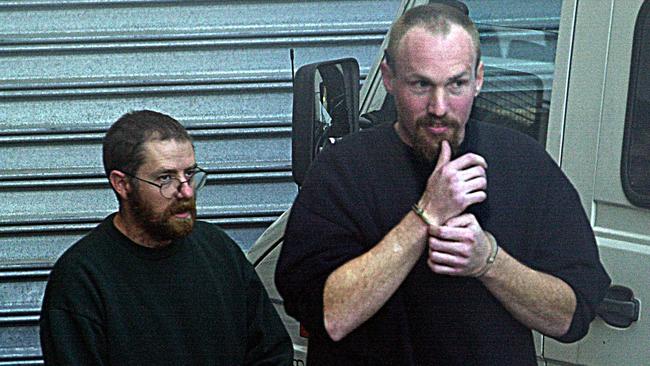
Mr Nolte said his ban was initially enforced after an “ignorant mistake” in which he suggested acting as a whistleblower about Bunting’s treatment in Yatala’s high-security G Division.
He said Bunting immediately stopped the plan but the Correctional Services Department found he had incited a prisoner to breach the Act and banned him for up to 60 days.
The department extended that ban to 12 months after an internal review and imposed further one-year restrictions until August 2019, when Mr Nolte was told he would not be allowed to visit Bunting and Wagner until at least August 2021.
Mr Nolte said the Correctional Services Department had banned him for having an interest in, and writing reviews for 30 years about, films approved by the Federal Government.
He said he was entitled to use his private social media account “like billions of other people” and only briefly described visits, adding it would be “terrible” to upset victims’ families.
“It’s nonsense. Correctional Services have proven themselves to be totally vindictive. They’ve gone out of their way looking for reasons to ban me,” Mr Nolte told The Advertiser.
“I haven’t given them any reason. I’ve never broken a single rule and everything they’ve subsequently banned me for they’ve known about for years.
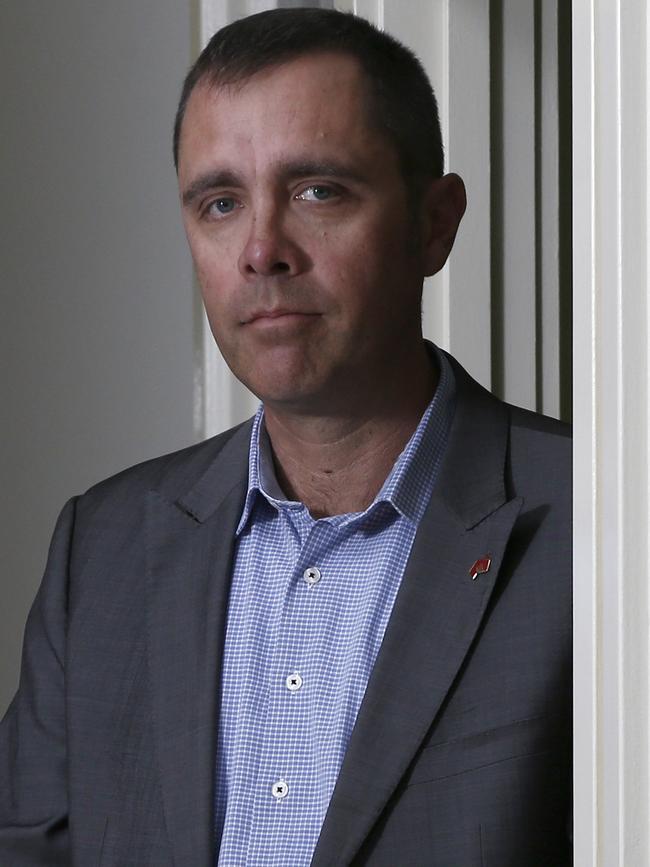
“I’m such a bad influence on (Bunting and Wagner) but I can still talk to them on the phone and write them a letter.
“As for being not beneficial to their rehabilitation, I would’ve thought taking away something they enjoy in terms of visits, which gives a respite from the prison environment, would be less beneficial to their rehabilitation.”
Correctional Services Department chief executive David Brown told The Advertiser its overriding consideration was the good order and security of the prison system.
“We do not shy away from our commitment to victims. The department does not seek to facilitate notorious offenders dining out on their notoriety,” Mr Brown said.
“This is not in line with community standards nor the rights of victims who may have had their lives irrevocably damaged by those who committed horrific crimes against them or their families.”
Victims’ Rights Commissioner Bronwyn Killmier said while there was a fascination with high-profile prisoners, it could not be forgotten that real people were involved and still hurting.
“Victims and victims’ families do not want to see others suffer as they have. Some victims may therefore be supportive of visits if those visits ultimately assist a prisoner to rehabilitate and reintegrate and prevent further offending,” Ms Killmier said.
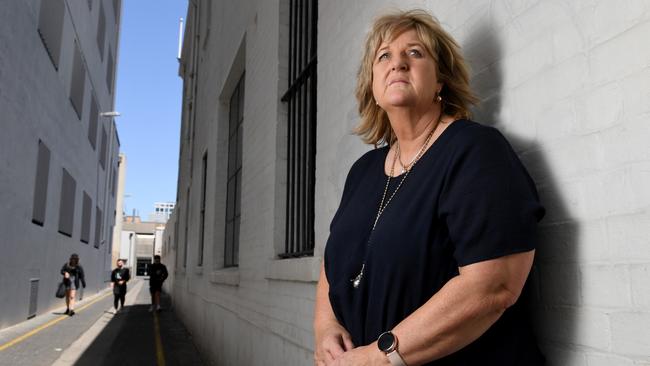
“Victims, however, would be extremely upset and potentially retraumatised if visits were used as an opportunity to discuss or promote the crimes that involved their family and friends, particularly those offenders convicted of murders, manslaughter and sexual offences.”
Bunting and Wagner are serving life sentences without parole over the horrific serial killing spree between December 1995 and May 1999, when they were arrested.
Police discovered the remains of eight victims in six barrels inside the Snowtown bank vault.
Mr Nolte – a volunteer teacher – stressed he did not condone the murderous actions of Bunting and Wagner and that the pair deserved to be in jail for the rest of their lives.
“I’m empathetic for their plight for the way they have been treated in prison but I still have more sympathy for the victims and their families,” Mr Nolte said.
“You’ll never find me saying I admire them for what they did. Them being in prison is a constant reminder of why they’re in prison.”
Mr Nolte said he was not expecting “any sympathy at all from the community” for his plight nor for the public to accept his interest in writing to prisoners.
He said he wrote to about 10 to 20 prisoners across Australia and the world but only Bunting and Wagner in SA.
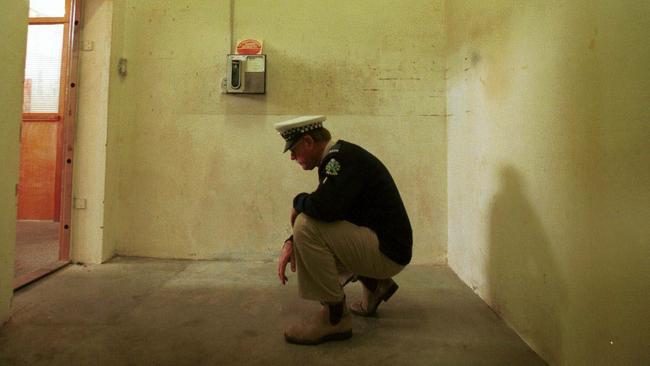
“I had a couple of friends doing a little bit of time when I lived in Sydney and from writing to them I grew empathetic towards prisoners,” Mr Nolte said.
“I just started writing to people I read about and found interesting. They’re not all infamous people a lot of people are in there for next to nothing and I’m just interested in them.
“I have an interest in criminal psychology and often it boils down to reading about someone and thinking this person might be interesting to write to and dropping them a line.”
Adelaide Law School lecturer and criminologist Allan Perry said there was a general fascination among the public towards criminal violence.
“Violence sells and people are interested in it and that has to do with the exponential sense of mortality people feel and somehow violence to others provide some relief for that anxiety,” Mr Perry told The Advertiser.
“People also have a fascination with celebrities, anyone who’s high-profile and that includes those who commit notorious violent crimes.”
Mr Perry said notorious serial killers received tens of thousands of letters from the public.
“(The writers) are normally people who are fairly isolated, have low self-esteem and with prisoners they feel a little bit more confident trying to start a relationship than they would with someone on the outside because they think the prisoner will be less judgmental,” he said.
“A lot of serial killers turn out to be quite personable, charismatic individuals. They’re sociopaths but ones that have developed a fairly charismatic personality.”
Mr Perry said a serial killer may find the relationship fulfilling because it gave them someone to potentially exploit, while the writer or visitor was rewarded by the reciprocated interest.
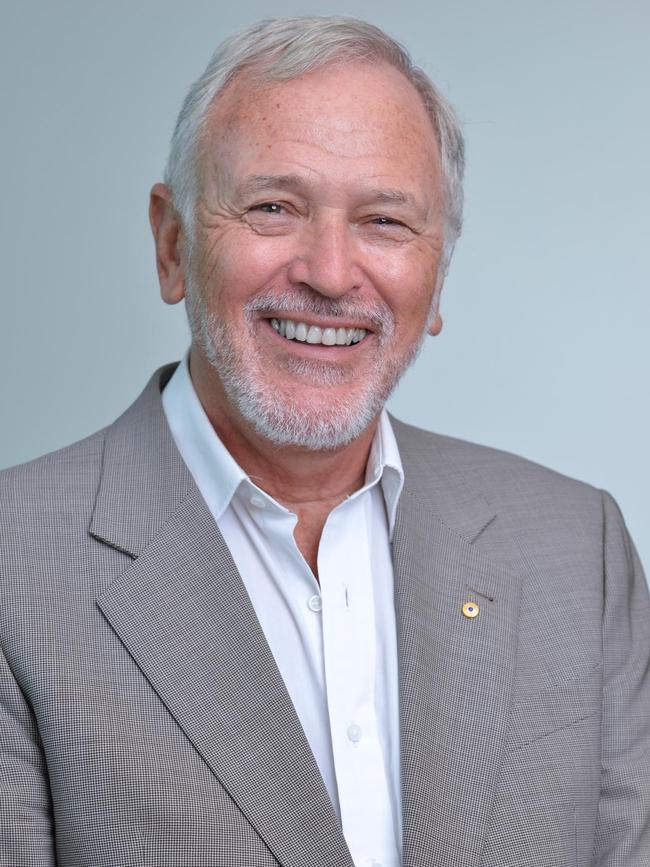
Australian and New Zealand Society of Criminology fellow Professor Peter Norden AO said people who wanted to contact prisoners should do so through a non-government agency.
He said this would provide them with guidance, supervision and support.
“In other countries the idea of writing to and visiting prisoners is very widespread particularly in the US. It’s not as common in Australia,” Prof Norden said.
“(People) do it for 101 reasons but most people do it because they read about the person in the news and think that’ll be interesting.”
Prof Norden, a former chaplain at Pentridge Prison in Victoria, said it was important for prisoners to maintain contact with family and friends.
He said inmates often became isolated and were more likely to be dangerous and reoffend.
Originally published as Correctional Services bans David Nolte from visiting ‘bodies in the barrels’ murderers


